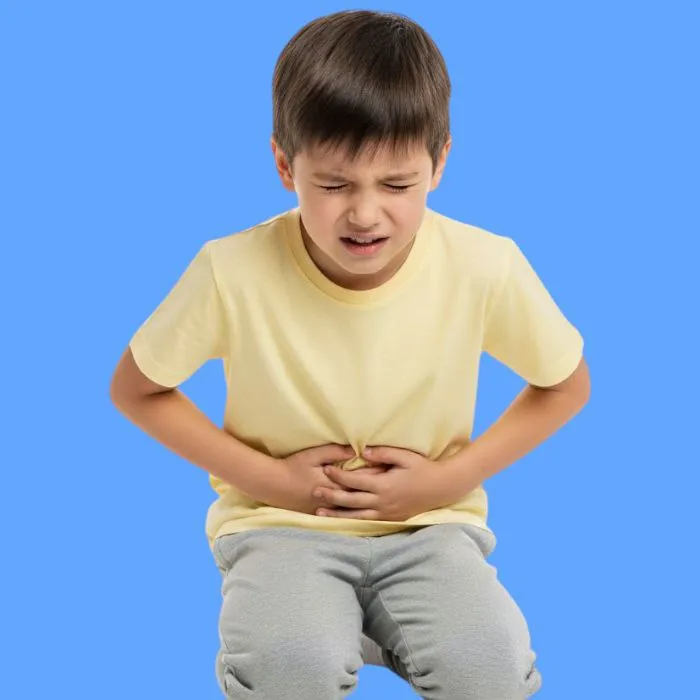What is the appendix?
The appendix is a small, thin tube located in the lower right part of the abdomen, connected to the large intestine.
Despite its small size, appendicitis is a medical emergency requiring prompt treatment to avoid serious complications.
Causes of Appendicitis
Appendicitis occurs when the appendix becomes blocked or its lining becomes inflamed. Common causes include:
- Accumulation of solid waste within the appendix.
- Swelling of nearby lymph nodes.
- A foreign object obstructing the appendix.
- A bacterial infection spreading from the adjacent intestine.
Symptoms of Appendicitis
Symptoms of appendicitis appear gradually and worsen over time. The most prominent symptoms include:
- Severe pain that begins around the navel and then moves to the lower right abdomen.
- Sudden loss of appetite.
- Nausea and frequent vomiting.
- A slight fever.
How to Diagnose Appendicitis
Appendicitis is diagnosed through a series of medical tests that help the doctor accurately determine the condition, such as:
- A physical examination of the abdomen to pinpoint the location of the pain.
- Blood tests to detect signs of inflammation.
- Ultrasound to assess the shape of the appendix.
- CT scan to confirm the diagnosis and rule out similar conditions.
Treatment of Appendicitis

Treatment for appendicitis depends on the severity of the condition. Treatment methods include:
- Antibiotics to reduce infection in mild cases.
- Surgical removal of the appendix.
- Complete rest after surgery with a light diet.
- Regular follow-up appointments with the doctor after surgery.
When to See a Doctor?
You should see a doctor immediately if you experience severe pain in the lower right side of your abdomen that does not improve over time, or if you develop symptoms such as fever and severe nausea. Delaying diagnosis can lead to a ruptured appendix and serious complications.
Tips for Preventing Appendicitis
Although appendicitis can occur without a clear cause, adopting a healthy lifestyle can help reduce the likelihood of developing it. Some helpful tips include:
- Eating fiber-rich foods such as fruits and vegetables.
- Drinking plenty of water daily.
- Avoiding chronic constipation and maintaining regular bowel movements.
- Consulting a doctor if you experience any unusual abdominal pain.
Frequently Asked Questions
Is appendicitis pain constant or intermittent?
Appendicitis pain is constant and gradually increases in intensity over time; it is not intermittent.
Can the appendix be infected after removal?
Rarely, infection can occur in the wound or surrounding tissues after surgery and requires simple treatment.
Does appendicitis cause serious complications?
Yes, if the appendix ruptures, the infection can spread within the abdomen, causing peritonitis, which is a medical emergency.
Can appendicitis be treated without surgery?
In some mild cases, antibiotics may suffice, but most cases require surgical removal.
Article Summary
The appendix is a small organ, but its inflammation can lead to serious complications if not treated promptly.
Early attention to symptoms such as severe abdominal pain and immediate medical attention helps in early diagnosis and safe treatment, ensuring a full recovery without complications.